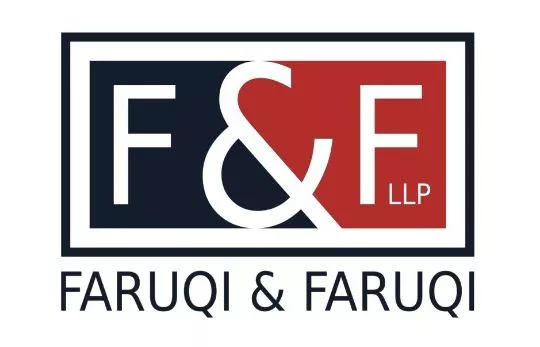The Second Circuit's recent decision in Eisenhauer v. Culinary Institute of America made it easier for employers to defeat pay-discrimination claims under the Equal Pay Act ("EPA"), the federal law that makes pay discrimination based on sex unlawful. Specifically, the Second Circuit made it easier for employers to establish the "factor other than sex" affirmative defense. As a result of the decision, an employer can defeat an EPA claim simply by proving that any factor other than sex was the cause of the pay disparity even if the factor was not based on legitimate business-related considerations. The court's decision is a departure from settled law in the Circuit that the "factor other than sex" relied on to justify an alleged unlawful pay disparity needed to be support by a "legitimate business reason."
There is a significant risk that employers will abuse the court's broad interpretation of "factor other than sex" defense and use it as a loophole to avoid liability for discriminatory conduct. The Second Circuit acknowledged this threat and noted that courts should conduct an analysis of the "factor other than sex" defense while being careful to "avoid 'loopholes' that would sanction sex-based pay discrimination." However, as the concurrence opinion highlights, the majority provided minimal guidance for identifying "loopholes" and the court's decision invites inconsistent rulings because of the lack of guidance.
The Eisenhauer decision is ripe for review by the Supreme Court. Indeed, there is a Circuit split concerning whether the EPA's catch-all affirmative defense should be interpreted broadly as outlined by the majority or if the defense has a "legitimate business reason" requirement that an employer must prove to escape liability under the EPA.
The plaintiff in Eisenhauer has until January 15, 2024 to file a writ of certiorari with the Supreme Court for a review of the Second Circuit's decision. The Supreme Court is not required to grant a writ of certiorari and review the decision.
If you believe that you are the victim of pay discrimination, it is important to contact an attorney as soon as possible to understand your rights and whether you can pursue any claims.
The content of this article is intended to provide a general guide to the subject matter. Specialist advice should be sought about your specific circumstances.


